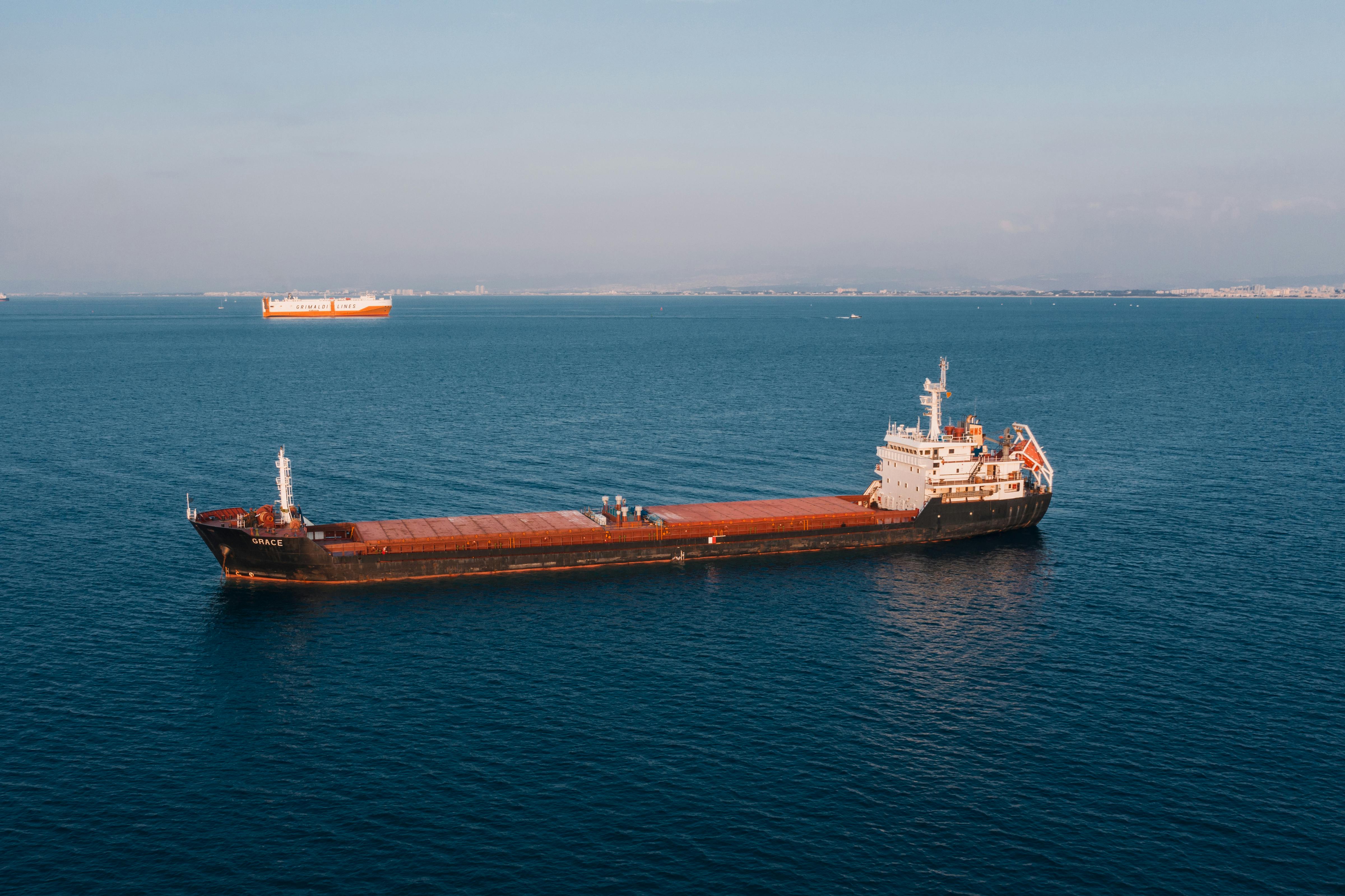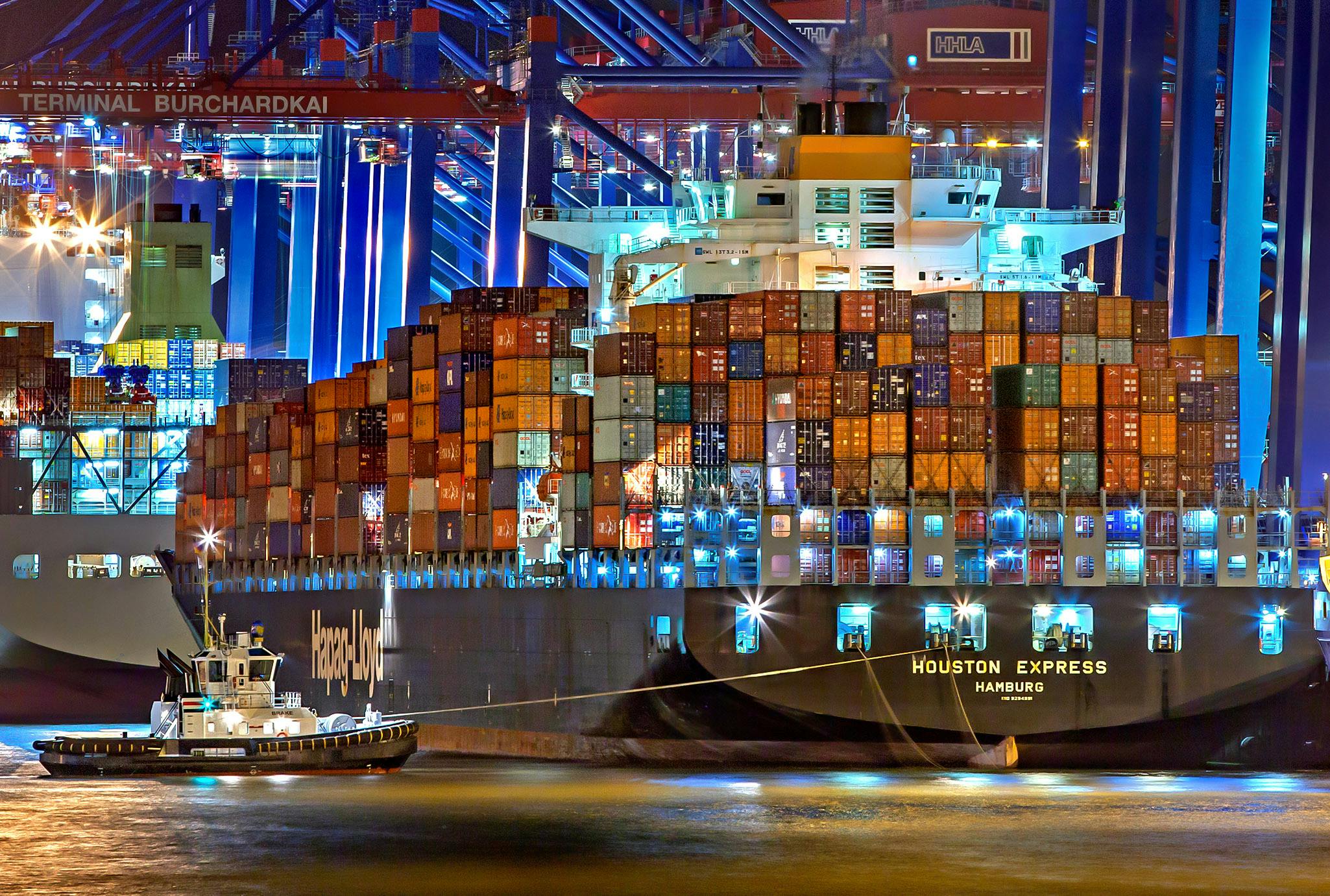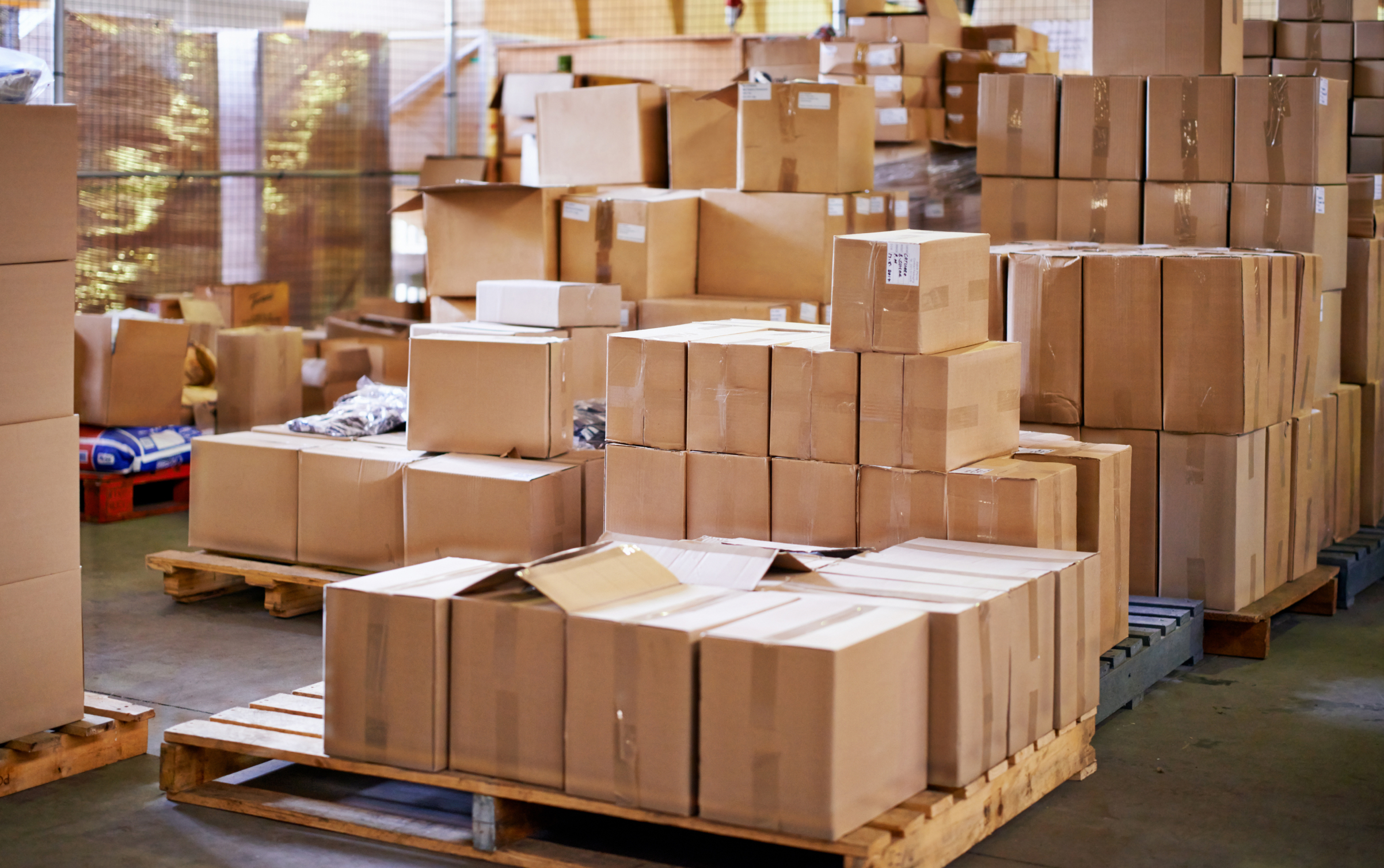How to Choose The Right LCL Shipping Provider
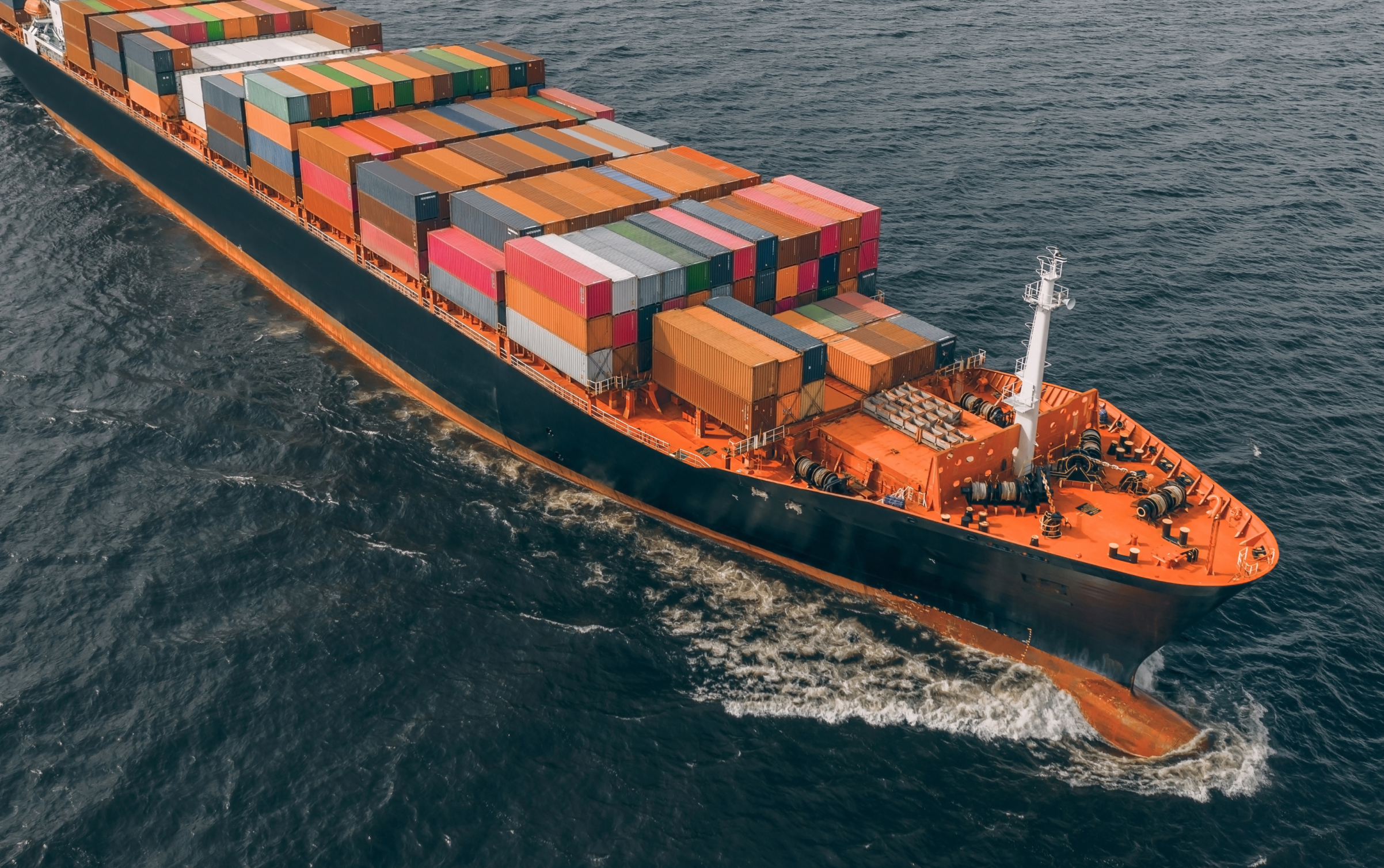
LCL shipping providers are significant for modern supply chains because it gives them access to a flexible and cost-effective shipping solution.
The success of supply chains in utilizing available shipping solutions hinges on the capabilities and ingenuity of the less-than-container load (LCL) shipping provider. Therefore, choosing the right provider is a crucial decision that can significantly impact the supply chain's success. The ideal LCL freight provider should possess the necessary experience, expertise, and industry relationships to meet your business's LCL shipping requirements.
In this article, we explore how to choose the right LCL shipping provider and the criteria to look out for when selecting one.
Factors to Consider When Choosing The Right LCL Shipping Provider
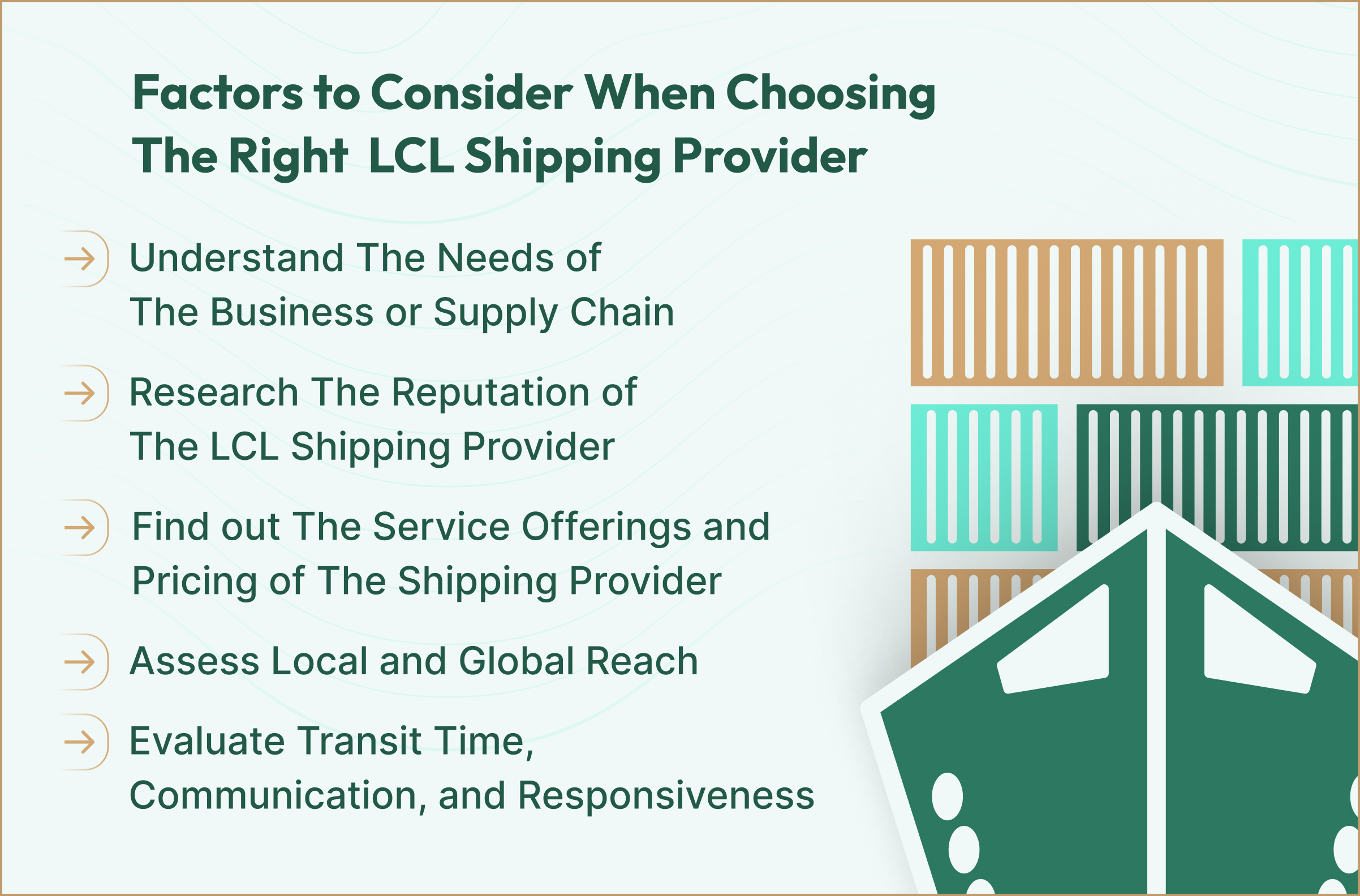
More supply chains are increasingly leveraging LCL freight, especially as international shipping and trade continue to rise rapidly.
Through LCL shipments, these supply chains can easily fulfil multiple orders from across the world, and it won’t cost them too much to do it. However, all of these will depend on the LCL shipping provider, which is why it is increasingly necessary for these supply chains to thoroughly audit and evaluate their LCL shipping partners. The following factors will help guide the entire process.
1. Understand The Needs of The Business or Supply Chain
Your supply chain’s need will greatly inform the choice of LCL shipping provider.
This would typically include the LCL shipment's destination, the shipment's urgency, and the shipment's size and frequency. In many cases, you would also need to evaluate the nature of the product and determine if it will require specialization. For instance, if the LCL shipment is heading from Nhava Sheva to New York, then an LCL shipping provider like Silq will be extremely beneficial because they have a team on both sides of the shipping route that is on standby to leverage experience, a vast amount of resources, and expertise to ensure that the entire process goes off without a hitch. When you understand the needs of the supply chain, then finding the right freight forwarders becomes significantly easier.
Because of the fluctuations many supply chains experience, ensuring the LCL shipping partner can handle fluctuations in the shipping process will be critical.
2. Research The Reputation of The LCL Shipping Provider
It is true that LCL freight providers must have the big four: expertise, experience, resources, and industry relationships.
However, all that pales in comparison to their market reputation because capacity does not mean delivery. When choosing or selecting an LCL logistics provider, reviewing their market reputation and how customers feel about the business plays a significant role. For starters, it helps ensure that the supply chain is partnering with a shipping or freight forwarding business it can trust and rely on to tackle shipping needs. Always consider LCl shipping providers with experience in your particular industry and a proven track record of satisfactory service.
If it is a new firm or organization, you may consider reviewing the leadership and their reputation as well.
3. Find out The Service Offerings and Pricing of The Shipping Provider
The service offering and pricing always play a critical role in the selection process because they promote trust and the longevity of the partnership.
Prior to the OSRA (Ocean Shipping Reform Act of 2022) new ruling, shippers were always inundated with questionable pricing, leading to a breakdown in partnership with many LCL cargo shipping providers. The new ruling has made it more challenging to get away with this but as we continue to explore the limits of the new ruling, it is important to emphasize transparent pricing when choosing LCL shipping providers. You want to be clear about how the company is billing you and what informs the pricing calculation. It is important to note that while low pricing is important, it should take precedence over other factors in the search for an LCL shipping provider.
Beyond transparent pricing, you also want to ensure the potential LCL shipping partner has the requisite service offering that will ensure your supply chain does not have to partner with another LCL shipping provider just to complement its services.
4. Assess Local and Global Reach
LCL shippers typically send multiple cargoes to multiple locations, and in many cases, they are always expanding.
Bearing that in mind, you will want to partner with an LCL shipping provider that has reach in the markets your supply chain is currently exporting or importing from and then adequate reach in the potential new markets. Again, similar to the last point, it ensures the supply chain does not have to get into a partnership with another LCL shipping provider just to get to all those markets. Having one provider check these boxes is critical because having a major LCL shipping provider, like in any other aspect of the supply chain, enhances collaboration and other factors like economies of scale, allowing for a more streamlined, cheaper, and efficient shipping process. But while checking for global reach, do not ignore the importance of adequate local presence.
The LCL service provider or freight forwarding platform must also have personnel in the local container freight station to ensure seamless coordination and loading onto carrier vessels.
5. Evaluate Transit Time, Communication, and Responsiveness
Although LCL shipping is generally regarded as slower, at least compared to full container load (FCL) shipping, some LCL shipping partners can provide shorter transit times than others.
For instance, Silq’s Nhava Sheva shipping promises better transit times than its competitors. That is 33 days against the industry average, which is at 37 days. Speed still plays a role in the modern supply chain management landscape, and it doesn't hurt to leverage it. The LCL logistics provider must be able to communicate proactively and be agile and flexible in their response to unexpected shipping situations.
Communication ensures the supply chain is always working with the correct information, and on the other hand, quick and smarter responsiveness mitigates the impact of disruptive situations to the supply chain operation.
How WoodCo Found Silq and Leveraged its Shipping Prowess to Transform The Supply Chain’s Shipping Operations
WoodCo had been engaged in international shipping for some time, but it was clear that the business and its supply chain were suffering the repercussions of choosing a poor LCL shipping partner. Eventually, the management of WoodCo had to go back to the basics and make the right choice this time around.
The first step was understanding why it failed to choose a reliable partner and then finding out the nuggets for selecting the right LCL shipping provider or freight forwarder. Luckily, the team came across a list similar to that mentioned in this article, and that shaped a rigorous process in which Silq emerged as the LCL shipping partner of choice. To say that the company and its supply chain underwent a turnaround is an understatement, but it did. And it happened in record time.
With Silq, the company enjoyed a seamless shipping process, significantly increasing its throughput.
Why Silq is The Right LCL Shipping Provider For Your Supply Chain
With Silq, your supply chain can ship smarter, not harder. Silq LCL offers growing businesses several advantages, including cost savings, predictable shipping, risk mitigation, and a tailored approach to the entire process. Why pay for an entire container space when you can pay for smaller shipments in the same shipping container? This entails ocean freight and air freight as well. Shippers leverage us because we have a history of delivering, even when others are not able to.
Ready for Supply Chain Predictability?
Importers using Silq ship smarter, safer, and with total control.



